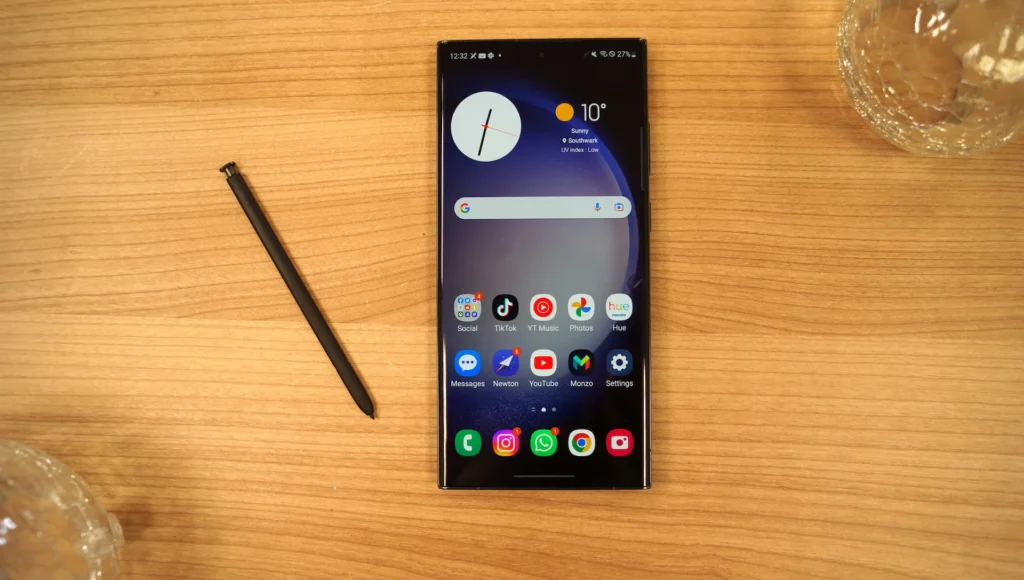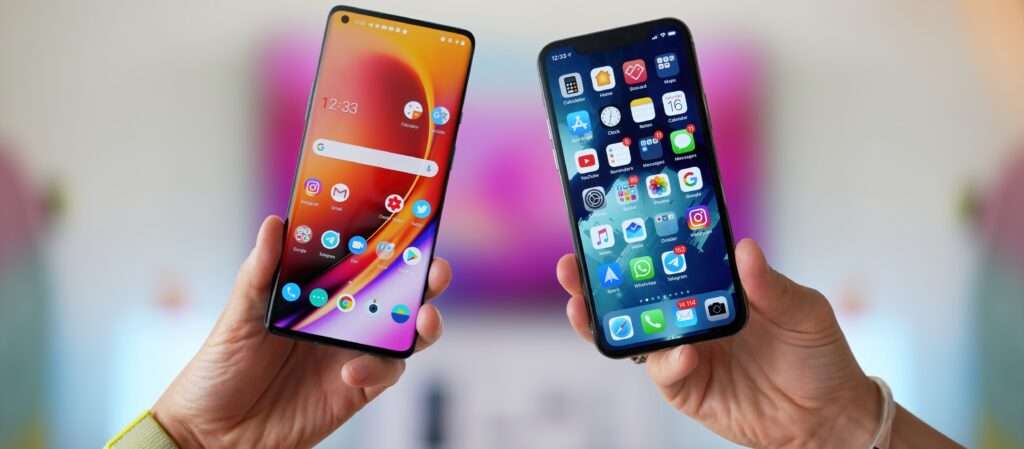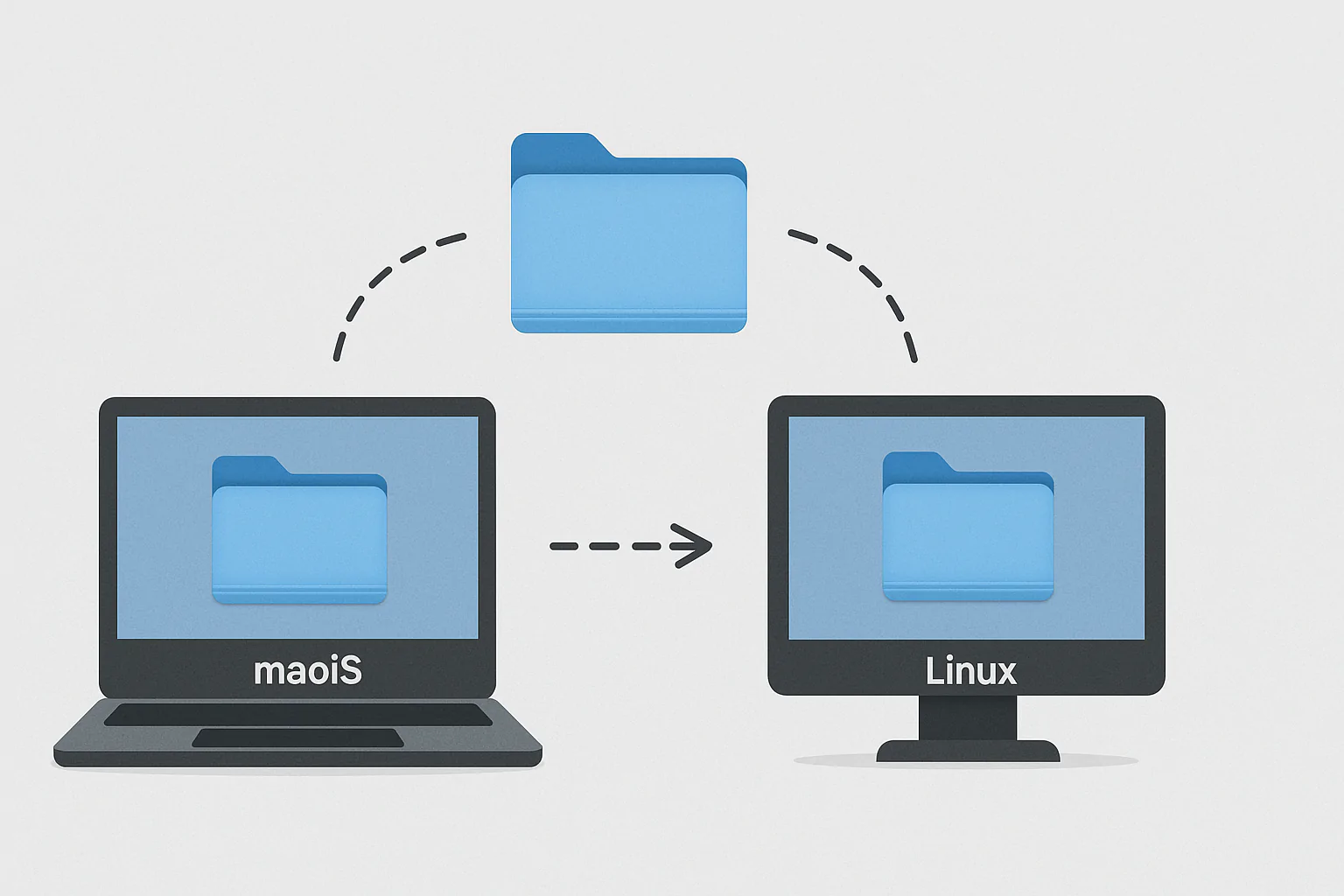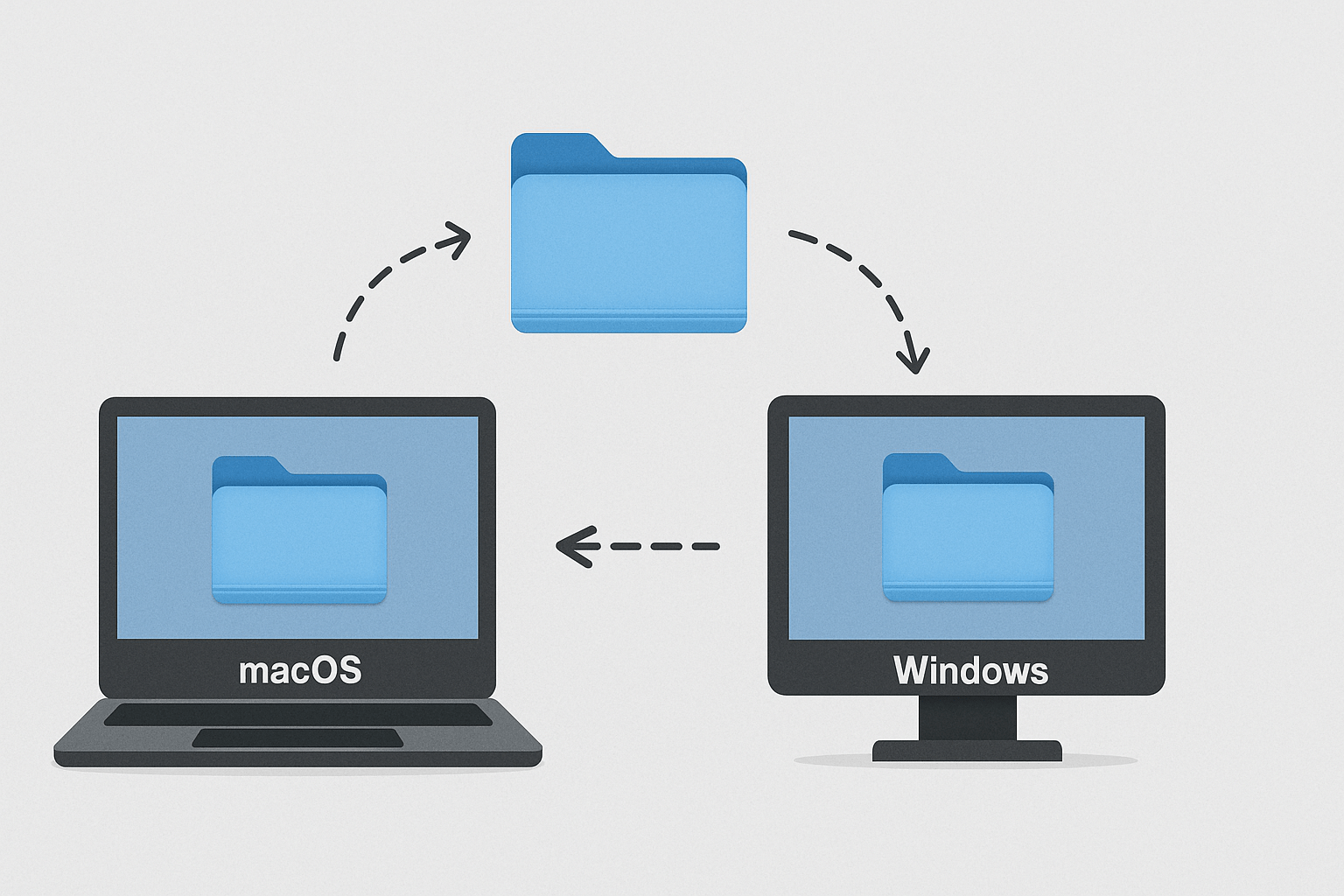In a world dominated by technology, smartphones have become a ubiquitous part of our daily lives. From connecting with loved ones to booking tickets, shopping online, and managing businesses, the functionality of smartphones extends far beyond merely making calls or sending texts. The device that fits so neatly into our pockets is, in fact, a full-blown computer that has made a profound impact on the global economy. The economic influence of smartphones is far-reaching and affects various sectors such as commerce, healthcare, education, and transportation. This article delves deep into the aspects of how smartphones, by putting full-blown computer capabilities in the hands of everyone, are driving the economy.
Accessibility and Inclusion
Smartphones have democratized access to information and services by making them available to a broader audience. With over 3.5 billion smartphone users worldwide, a significant portion of the global population now has access to the internet and a plethora of applications that were once confined to desktop computers. This accessibility has led to increased financial inclusion, as people in remote or underserved areas can now access banking services, make online transactions, and even start their own businesses using their smartphones. Additionally, smartphones have empowered individuals by providing them with educational resources, job opportunities, and access to healthcare services, thus contributing to overall economic development.

Mobile Commerce and Business Operations
Mobile commerce, or m-commerce, has seen exponential growth in recent years, thanks to the widespread use of smartphones. Consumers now prefer to shop online using their mobile devices as it offers convenience, a variety of choices, and often better prices. Businesses have adapted to this change by optimizing their websites for mobile use, developing mobile applications, and implementing mobile payment solutions. This has not only helped in increasing sales but also in expanding their customer base globally. Moreover, smartphones have revolutionized business operations by enabling remote work, real-time communication, and efficient management of tasks and projects. Mobile applications like Google Drive, Slack, and Trello have made it easier for teams to collaborate and work together, irrespective of their geographical locations.
Digital Advertising and Marketing
Smartphones have also reshaped the landscape of advertising and marketing. With people spending a significant amount of time on their mobile devices, businesses are leveraging mobile advertising to reach a larger audience. Mobile ads are more targeted and personalized, thus yielding better results compared to traditional advertising methods. Additionally, social media platforms, which are primarily accessed via smartphones, have become a powerful tool for businesses to engage with their audience, build brand awareness, and drive traffic to their websites. Influencer marketing, which relies heavily on social media, has also become a prominent marketing strategy, further underscoring the importance of smartphones in today’s economy.

Innovation and Productivity
Smartphones have become a catalyst for innovation. Mobile applications have created new business models and revenue streams in various sectors, from ride-sharing services like Uber to food delivery apps like DoorDash. Additionally, smartphones have contributed to increased productivity by enabling individuals to work on the go, manage their time efficiently, and access information quickly. With a host of productivity apps available, individuals can organize their tasks, set reminders, and even automate repetitive tasks, thus saving time and effort. This increase in productivity ultimately contributes to economic growth as it leads to higher output and efficiency.
Conclusion
The impact of smartphones on the economy is multifaceted and profound. By providing accessibility to information and services, fostering mobile commerce, reshaping advertising and marketing, and driving innovation and productivity, smartphones have become a crucial engine of economic growth. As technology continues to evolve, the role of smartphones in the economy is expected to grow even more significant, making it essential for businesses and individuals to adapt and leverage the opportunities it offers. The smartphone, a device that once started as a mere communication tool, has transformed into an economic powerhouse that fits right into our pockets.










































